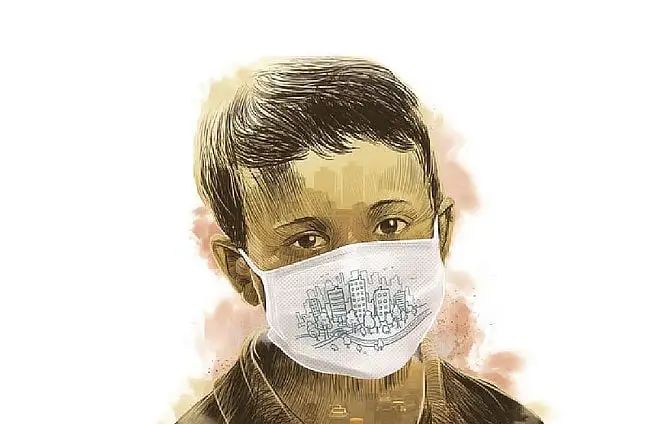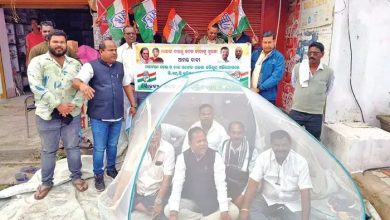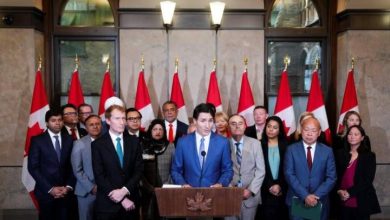Odisha government to launch its own clean air programme in 12 urban areas

BHUBANESWAR: The Odisha government will soon launch its own clean air programme in line with the ongoing National Clean Air Programme (NCAP) and roll it out in 12 towns and cities to improve air quality and tackle air pollution.
A decision to this effect was taken during the Quality Monitoring Committee (AQMC) meeting chaired by Additional chief secretary to Forest department Satyabrata Sahu here on Friday.
Called the State Clean Air Programme (SCAP), it will be implemented in Sambalpur, Berhampur, Puri, Paradip, Keonjhar, Joda, Barbil, Bonai, Rajgangpur, Jharsuguda, Brajarajnagar, and Belpahar.
Majority of the urban areas to be covered by the programme are impacted by intense mining and industrial activities.
“Currently, several air quality improvement activities are being implemented in seven urban areas – Bhubaneswar, Cuttack, Rourkela, Angul, Talcher, Kalinga Nagar and Balasore under NAPC. However, many others with potential air pollution threats were not included in NCAP. Accordingly the AQMC decided to roll out the clean air programme in the 12 identified cities under SCAP,” said Odisha State Pollution Control Board (OSPCB) member-secretary K Murugesan.
Sources said basing on the recommendations of the AQMC, the Forest, Environment and Climate Change department will submit a proposal to state government for budgetary allocation to roll out the SCAP for next five years. Chief Minister Mohan Charan Majhi will be requested to launch the programme for which an action plan would be prepared.
Since Odisha is targeting to be among the fastest growing states and has planned rapid urbanisation and industrialisation, a senior Forest officer said, the SCAP is a critical initiative. Population rise in urban areas has also led to significant growth in housing and transport, which in turn increased air pollution through vehicular load, dust, domestic cooking, waste and biomass burning and fugitive emissions from various sources.
“All these factors make it essential for roll out of SCAP in which more urban areas could be added in the future to manage their air quality,” he said.
Director of Environment Prem Kumar Jha and transport commissioner Amitabh Thakur were present.







